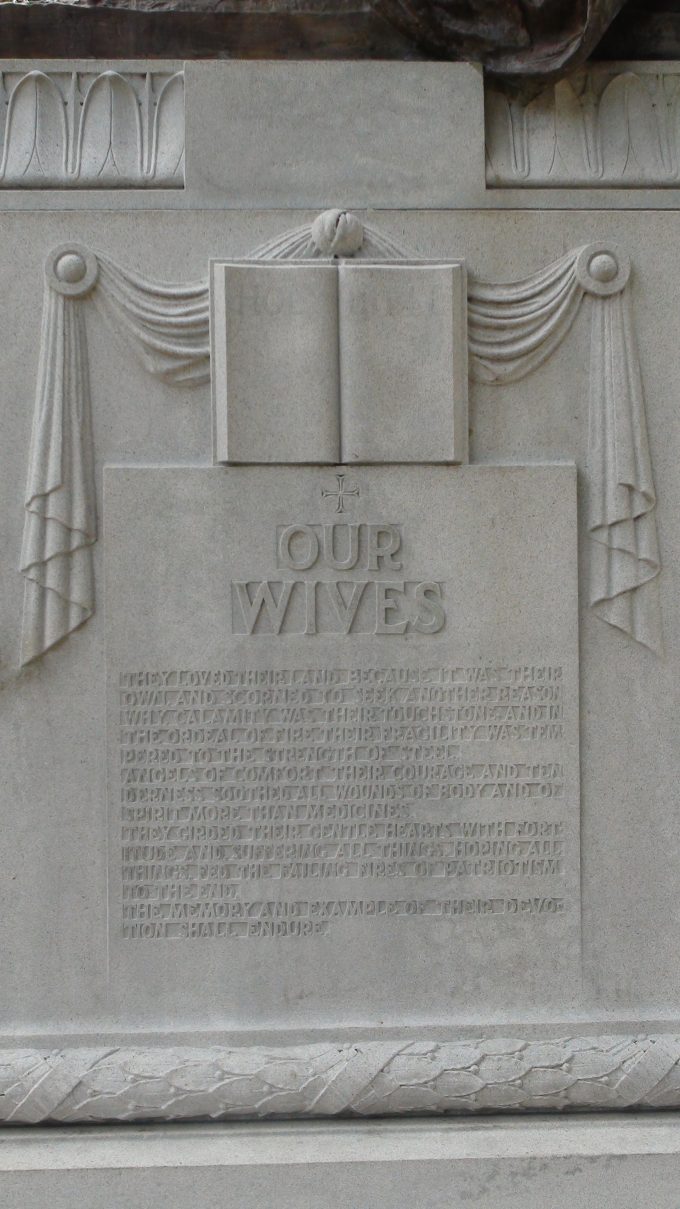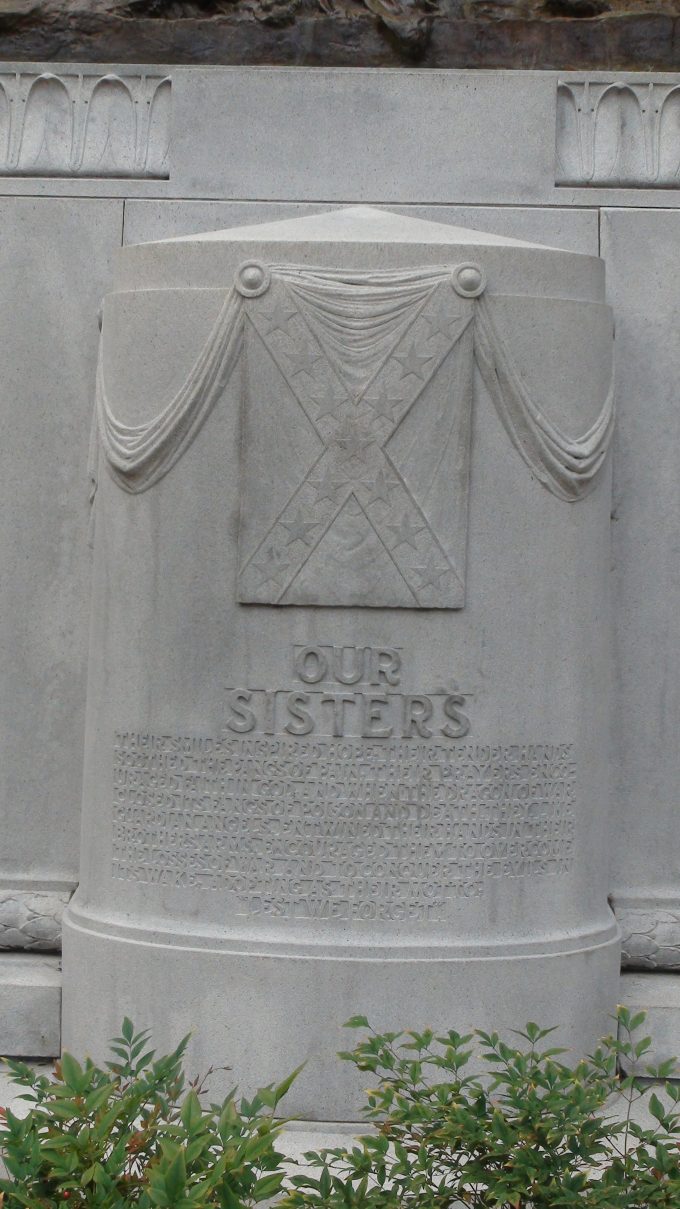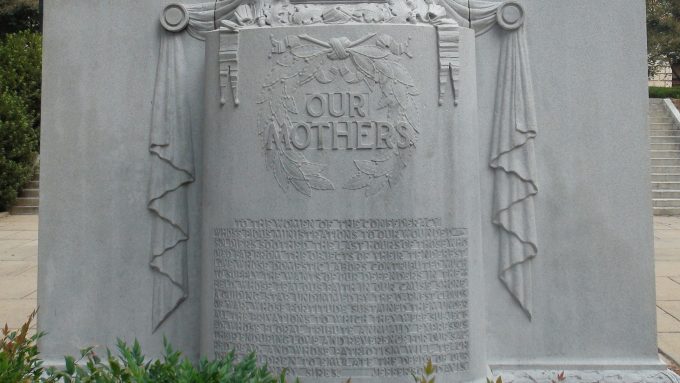
Sunday, 22 October 2017
For even when we were with you, we commanded you this: If anyone will not work, neither shall he eat. 2 Thessalonians 3:10
Food: When you’re hungry, nothing satisfies like food. Paul now ties this wonderful necessity in with an oft-dreaded word, “work.” We both need food, and we enjoy food. We often do not like work, but according to Paul, we need to work if we want that other thing we need and enjoy, “food.” He links the two together as if they are one.
This verse seems to be tied back to verse 6 –
“But we command you, brethren, in the name of our Lord Jesus Christ, that you withdraw from every brother who walks disorderly and not according to the tradition which he received from us. … For even when we were with you, we commanded you this: If anyone will not work, neither shall he eat.”
And so, “For when we were with you,” is first based on that command, and then it was practically lived out by Paul and his associates in verses 7-9. Next, “we commanded you this,” is tied to what is spoken at the beginning of verse 6, “But we command you.” This is now repeated in the epistle to remind them of what they had said. While in Thessalonica, it was evident that some were unwilling to work, but instead were sponging off the kindness of others. “Gee, we’re all Christians here, you wouldn’t let a hungry brother down, now would you?”
This is something that is still seen 2000 years later. Some people use their status as Christians to guilt other Christians into tending to them, even for their basic necessities. It happens to individuals, and it happens to churches. There are sponges all over the place who take advantage of this. But Paul advises the Thessalonians (and thus us!) to not be duped into this kind of thing. He says quite clearly, “If anyone will not work, neither shall he eat.”
It is not an optional thing, and Paul actually presents nothing new. Solomon speaks of the need to be industrious on several occasions, and he tells the sad results of being a lazy-Joe –
Go to the ant, you sluggard!
Consider her ways and be wise,
7 Which, having no captain,
Overseer or ruler,
8 Provides her supplies in the summer,
And gathers her food in the harvest.
9 How long will you slumber, O sluggard?
When will you rise from your sleep?
10 A little sleep, a little slumber,
A little folding of the hands to sleep—
11 So shall your poverty come on you like a prowler,
And your need like an armed man. Proverbs 6:6-11
In Paul’s words then, there is nothing out of the ordinary, nothing un-Christian, and nothing harsh. Rather, there is wisdom which is intended to 1) Get lazy people up off their duffs and out into the world to earn their bread, and 2) Save industrious people from being seduced by those in category 1. We should not feel the slightest bit guilty when a person actually has to miss a meal because he spent the day at the beach, or whittled his time away on an iPad.
Life application: For obtaining life-prolonging food-intake, get to work.
Lord God, what a treasure it is to open Your word and find in it the words, “If anyone will not work, neither shall he eat.” Wow! That takes the burden off those who are willing to get out and earn their own way. They don’t have to be used by sluggards and lazy people, and they don’t need to feel guilty when a lazy-Joe misses a meal or two because play is more important that work to him. Whoo hoo! Those who are capable, but don’t get to work, can entertain us with growly-tummy noises. We’ll pray they learn their lesson and get to work! Amen.




